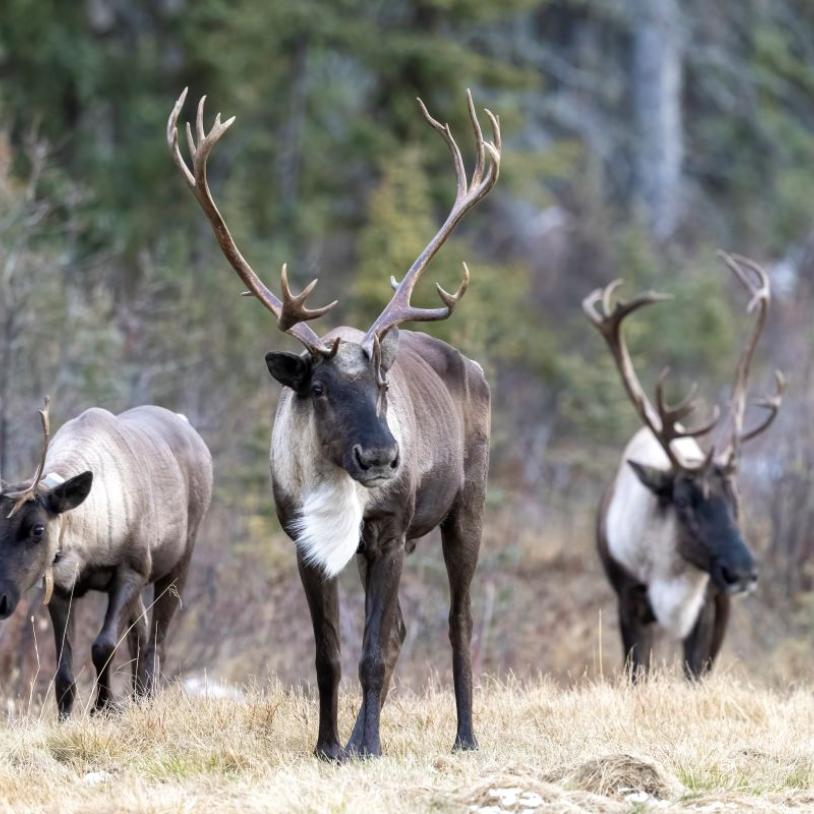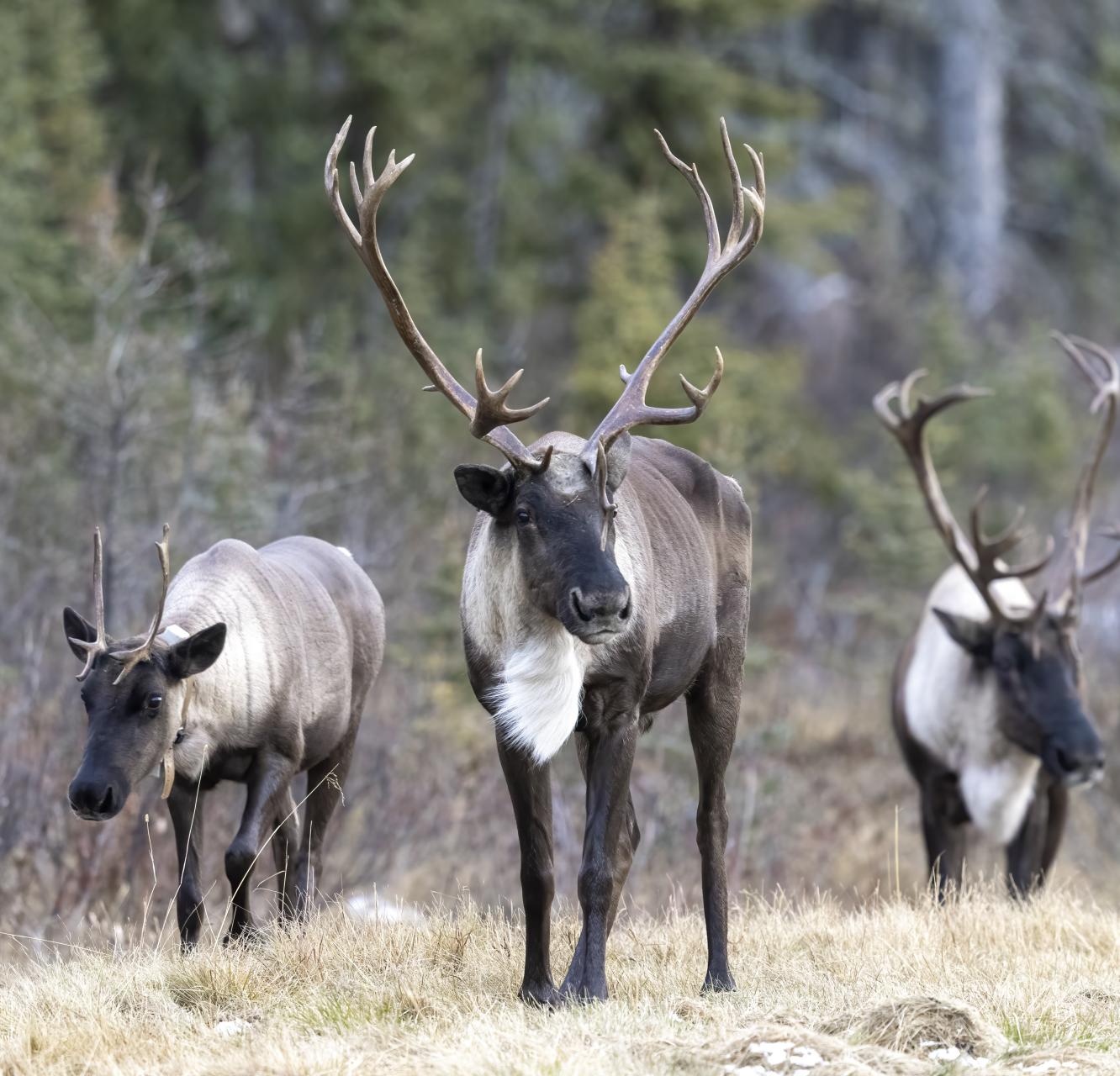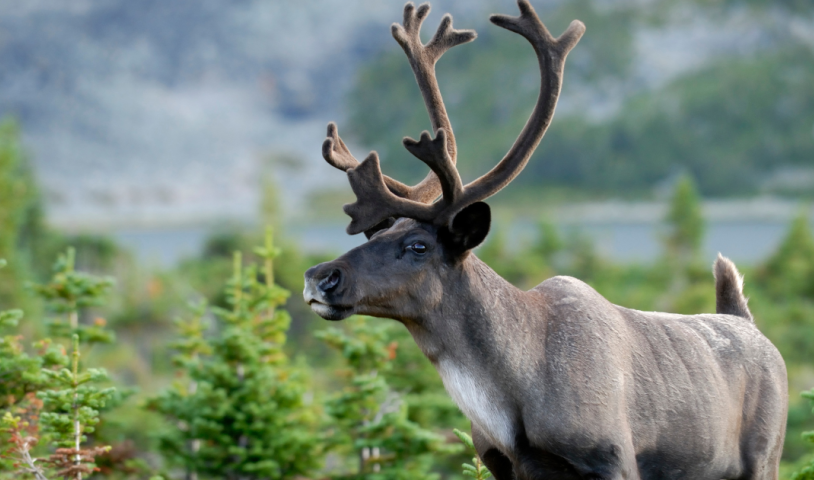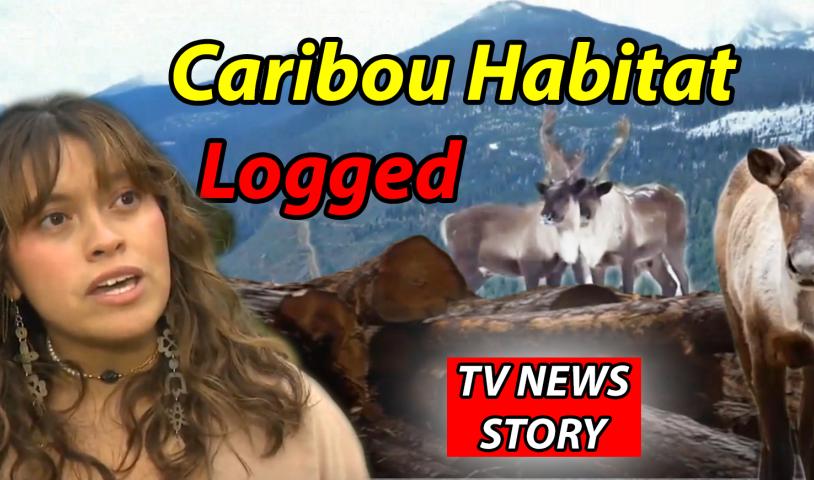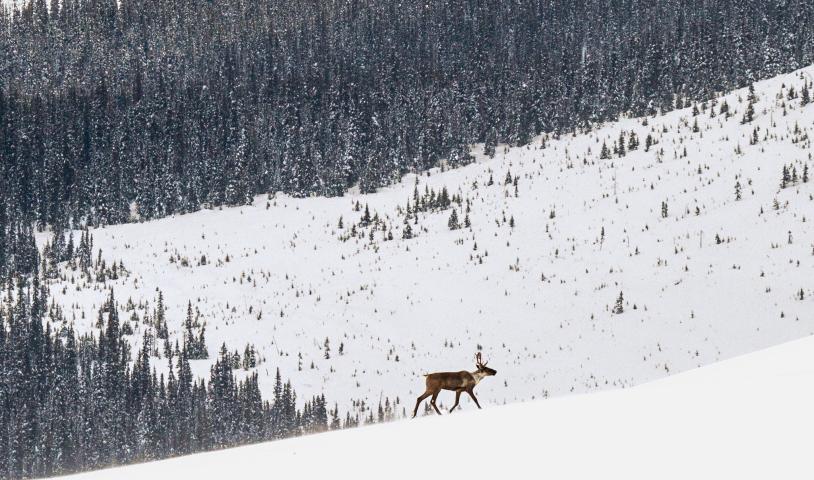Letter: Indigenous rights, caribou recovery and anti‑racism investigation
Wednesday, August 7, 2019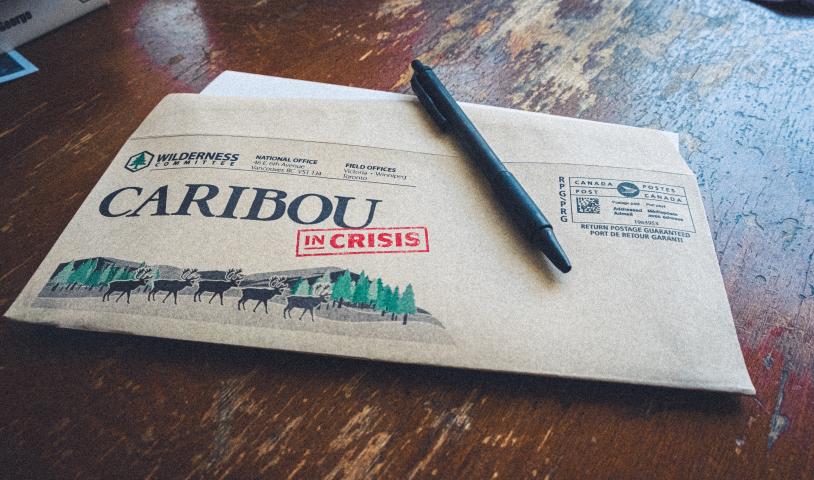
The Honourable John Horgan, M.L.A
Premier of British Columbia
Victoria, BC
Dear Premier,
Re: Indigenous rights, caribou recovery and anti-racism investigation
During the government of British Columbia’s 2019 throne speech, your government committed to introducing legislation to implement the United Nations Declaration on the Rights of Indigenous People (UNDRIP). The government of Canada has also adopted and committed to implementing UNDRIP. Of particular importance in regard to caribou recovery and land protection is Article 29 of UNDRIP which states;
“Indigenous peoples have the right to the conservation and protection of the environment and the productive capacity of their lands or territories and resources. States shall establish and implement assistance programmes for indigenous peoples for such conservation and protection, without discrimination.”
Governments of British Columbia and Canada have both committed to upholding Article 29 of UNDRIP when they committed to its full implementation. Further, the courts have confirmed that Treaty 8 guarantees the Indigenous peoples of Treaty 8 Region the right to continue their traditional way of life without interference, including the right to maintain their cultural relationship with caribou and harvest caribou. The Crown promised Treaty 8 Nations laws would be made to protect the wildlife and other resources that the Indigenous peoples of Treaty 8 rely on.
The caribou recovery partnership agreement between the government of Canada, the government of BC and Saulteau and West Moberly First Nations was a step in the right direction in regards to respecting and uplifting First Nations rights. The partnership agreement would have and still could fulfil Article 29 which affirms the rights of Indigenous people to conserve and protect the environment in a way that offers assistance programs without discrimination. If implemented, the agreement would have been a piece of the reconciliation process.
Unfortunately, not only has the agreement been derailed, this process has resulted in further racist discrimination against the First Nations involved, which undermines the spirit of UNDRIP, in particular Article 29, and reconicilation. The Union of BC Indian Chiefs Resolution 2019-33 details the harm this racist hostility has caused and the importance of caribou recovery.
Appointing Blair Lekstrom in the role of community liaison was ill-advised. Lekstrom was not objective. He entered the role from a pro-industry and settler biased perspective and this bias was evident throughout the process. As a former minister of energy, mines and petroleum products with little background in caribou ecology or recovery, appointing Lekstrom to engage residents on the draft partnership agreement to recover caribou was inappropriate because he was out of his expertise.
In his report, Lekstrom defends those who have made racist remarks and defends the growing racism rather than outright denouncing it. He states:
“As the draft agreement was agreed to by all four parties to it, the question that is valid is that at some point during the closed-door negotiations it appears not one of the parties thought it would be beneficial to reach out and be more inclusive of the regions remaining population…The entire agreement and the process leading to its development has harmed our relationship with our First Nations neighbours in the region. Racist comments have emerged as a result of this agreement which has been directed at the First Nations and this is not acceptable by any standard.”
Statements such as this wrongly point fingers at the First Nations for not including other members of the public in the negotiations of the agreement. Lektrom’s remark validates the reason for racism. There can and will always be disagreements between people of all walks of life but those disagreements don’t excuse racism. Lekstrom should have denounced the racism unconditionally rather than place blame on the agreement or its process by stating in the above quote, “Racist comments have emerged as a result of this agreement…”
Article 29 of UNDRIP gives the First Nations the right to protect and conserve the land within their territory. Land in the Peace is Treaty 8 territory. The land and ecosystems in this region have already been heavily impacted by multiple industries. For example, the W.A.C. Bennett Dam crippled caribou herds and they have never recovered.
The process and negotiations that led to the partnership agreement marked improvement to the status quo. Treaty 8 Nations have a right to conserve what is left of their intact territorial land, including the right to maintain their cultural relationship with caribou. Lekstrom has clearly failed to acknowledge this or the damage that has already been done to Treaty 8 territories, and the West Moberly and Saulteau First Nations themselves. Therefore, I ask why Lekstrom was appointed in the first place and under what process was he confirmed as the right person for the role of community liaison?
While it was unfortunate Lekstrom did not publicly denounce the growing racism, it came as a shock that you as premier of BC also did not. Racism continued to spread in communities and at public meetings and no one from the provincial government spoke up. By tolerating the racism and remaining silent about it, the provincial government provided space for these harmful views and attitudes to fester.
Why didn’t you act to combat this racism?
The Union of BC Indian Chiefs has recently called on the province to “immediately approve, sign and begin the implementation of the Partnership Agreement to the highest of standards” and conduct an inquiry into the racist backlash surrounding the Partnership Agreement. It is important for the province to act on this resolution and show public leadership in combating racism and promoting both caribou recovery and reconciliation. I urge you to undertake the inquiry in particular and await your response as to whether this will be done.
Yours Sincerely,
Charlotte Dawe
Conservation and Policy Campaigner, Wilderness Committee
